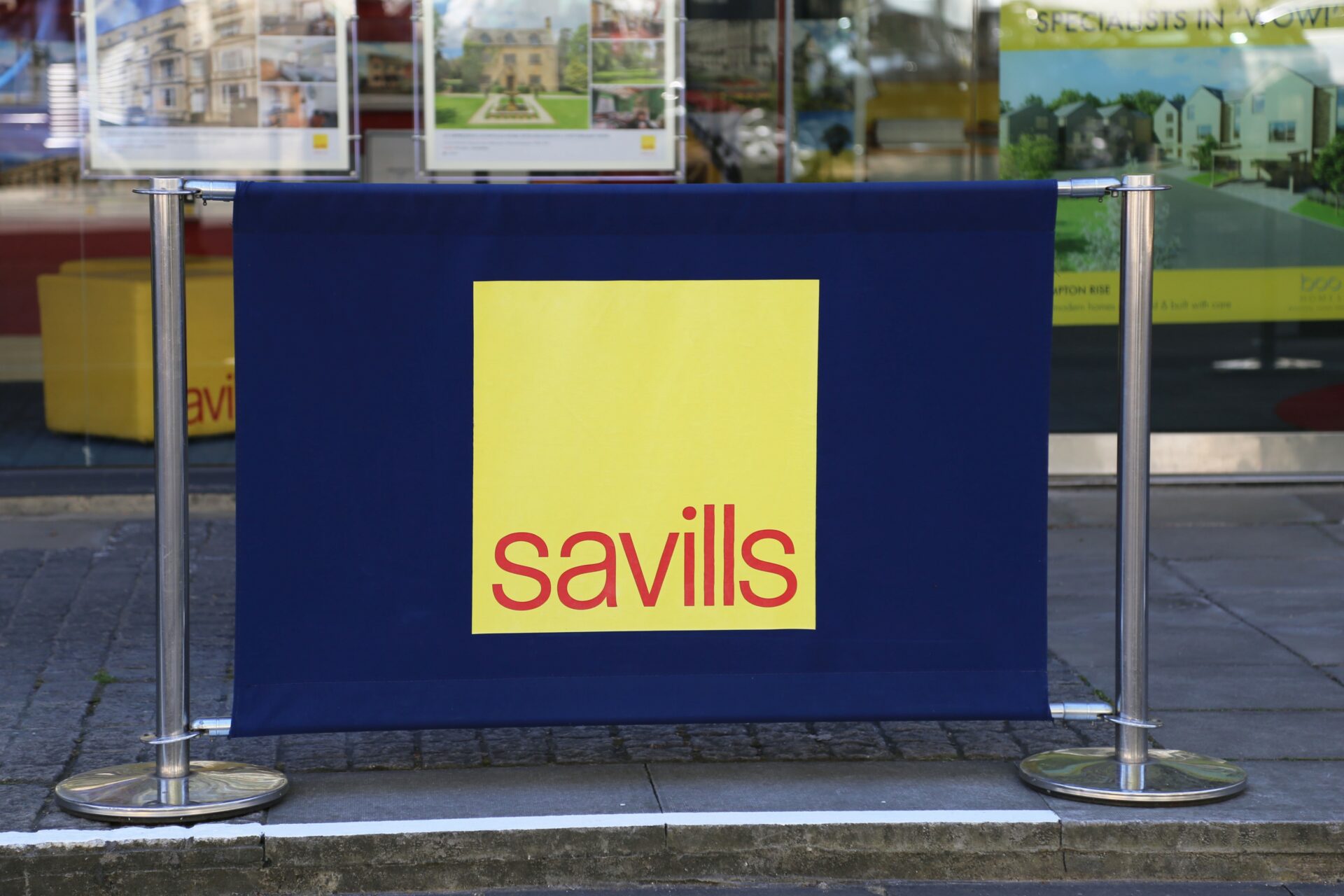An employment tribunal ruled that a workplace dispute over a comment about a “voodoo doll with pins” did not amount to harassment.
The tribunal also examined whether Voodooism is a protected belief under the Equality Act 2010.
The case, Mr C A Wint v Walsall Metropolitan Borough Council, was heard in Birmingham from 18th to 20th November 2024, with tribunal deliberations on 13th December 2024 and 8th January 2025.
The claimant, a black African Caribbean Christian, alleged that a colleague’s comment on 17th July 2023 about sending him a “voodoo doll with pins in it” was harassment related to both race and religion or belief.
While the claimant did not practise Voodooism, he argued that the comment was offensive due to its association with black Jamaican and African culture.
The tribunal examined whether Voodooism meets the legal definition of a religion or philosophical belief, referencing case law, the European Convention on Human Rights (ECHR), and statutory guidance.
It also identified flaws in the employer’s grievance process, including failing to directly ask the alleged harasser about the key allegation and not informing the claimant of his right to escalate the complaint formally.
Witness testimonies suggested that the working relationship between the claimant and the colleague had previously involved joking and banter but later deteriorated, leading to differing interpretations of past interactions.
The tribunal ultimately found that the alleged comment was not directed at the claimant and that there was no evidence it created an intimidating or offensive environment.
Marie van der Zyl OBE, employment partner at Keystone Law, said: “An employment tribunal has ruled for the first time that voodooism is a protected religious belief under UK equality law, despite lacking a central text or universally agreed teachings.
“The decision highlights ongoing uncertainty about what qualifies as a protected belief under the Equality Act 2010.
“While ruling that voodooism is protected, the tribunal noted that belief in voodoo dolls alone is not, as they stem from misrepresentation in popular culture.
“The case underscores the complexities of defining religious beliefs in law and the fine line between workplace sensitivity and legal discrimination.”

















